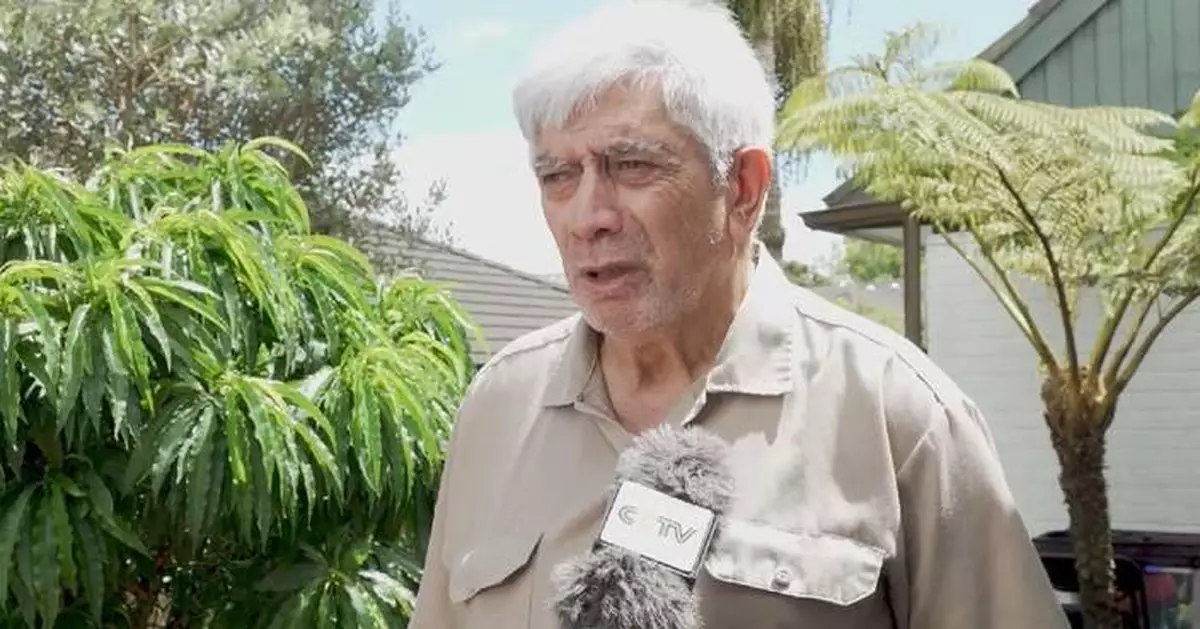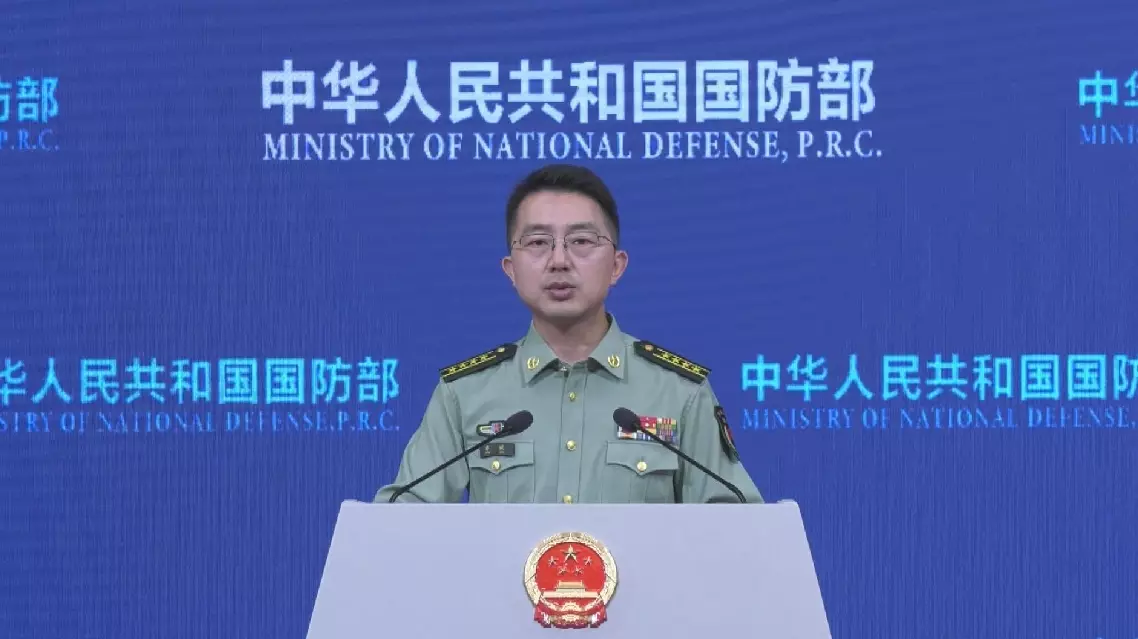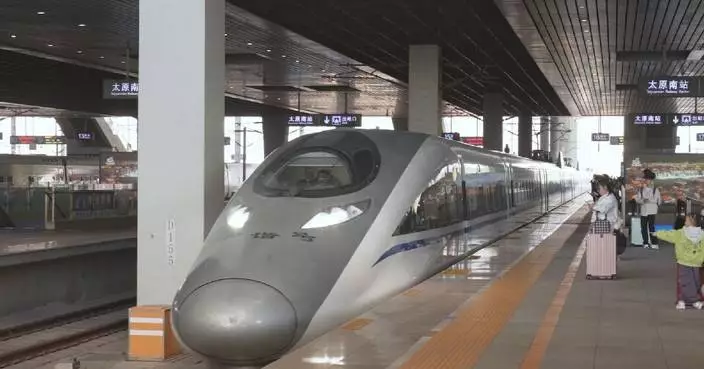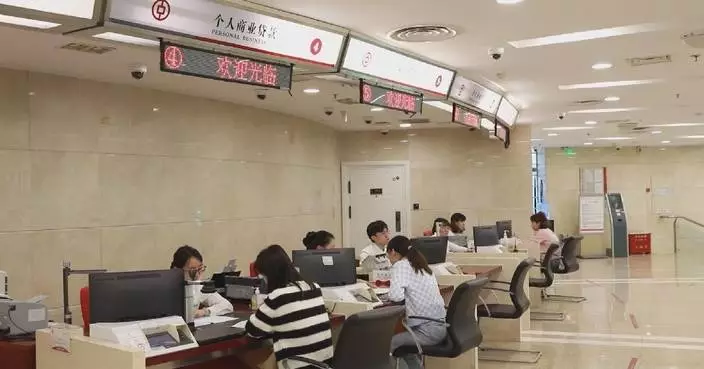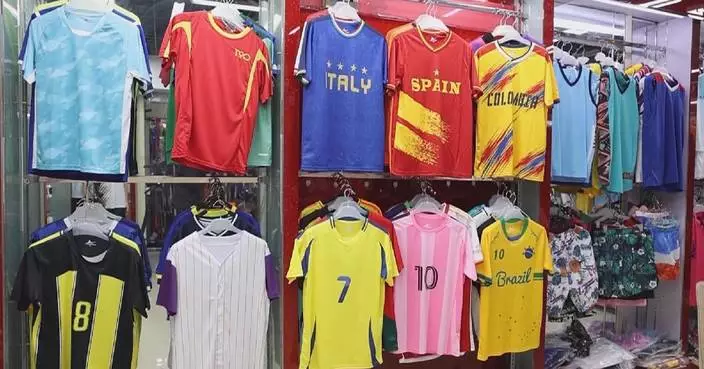Foreign tourists are eagerly looking forward to visiting China, fueled by a range of visa-free policy expansions.
China's visa-free transit policy, which allows travelers from 54 countries to stay in China for up to six days while en route to a third destination, has been extended to 10 days starting in December 2024.
Moreover, visa-free stays for tourism, business or family visits have been doubled to 30 days for citizens of 38 countries.
Tourists from various countries said that they are fascinated by China's rich history, vibrant culture and numerous attractions.
"I would like to go to China, absolutely. China will be my first preference, actually. I do want to go and see some of the main items in China, which is the Chinese Great Wall," said Jack from New Zealand.
"The Great Wall of China is where my heart longs for. I love hiking and nature, so visiting the Great Wall is a must for me," said a Frenchman.
"I believe China's capital Beijing is definitely worth visiting. I want to explore the capital first and then smaller but equally fascinating places," said Tito from Brazil.
"I'd like to travel to Shanghai the most because I'd like to see the skyscrapers and go shopping, and of course, enjoy some of the local restaurants," said Derner from New Zealand.
The relaxed visa policy has attracted millions of first-time travelers and encouraged many returning travelers to prolong their stays.
"I want to visit China because I really appreciate its culture—I find it fascinating. Now I have learned about China's visa-free policy, and it's fantastic. It makes traveling to China easier for us. For me, any place in China will amaze me since it's so different from my everyday life," said Marina from Brazil.
"China's visa-free policy for France is great news. It shows that France and China are friends and that China welcomes the French, while the French also enjoy China. The policy has encouraged more French people to travel to China," said another Frenchman.
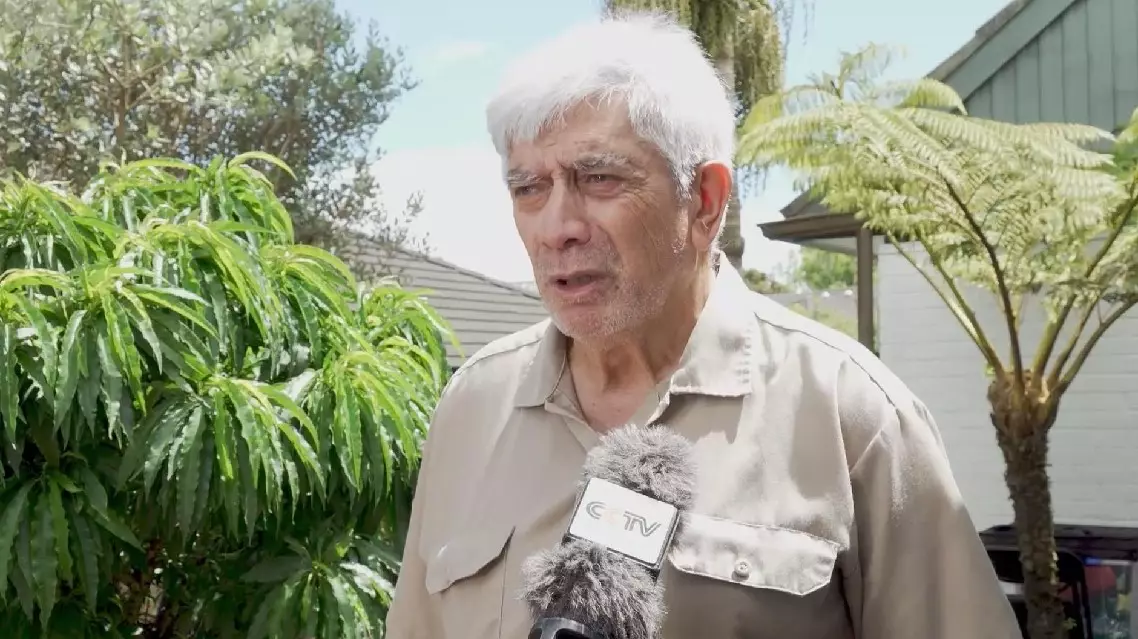
Relaxed visa-free policy fuels int'l eagerness for visit to China


